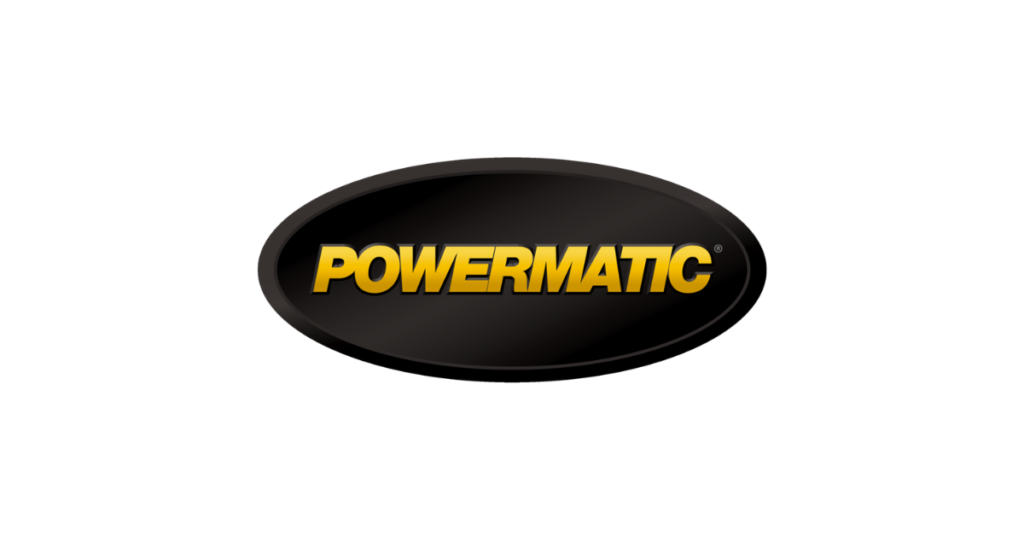In the small town of McMinnville, Tennessee, a revolutionary idea in woodworking machinery emerged from a humble beginning on a family farm. This idea, crafted by Leonard F. Smith, Sr., a local timber and rough-cut lumber seller, would evolve into a cornerstone of American ingenuity in industrial manufacturing—Powermatic.
Early Beginnings
Leonard F. Smith Sr.’s journey began in 1921 when he recognized a gap in his woodworking business. To improve the quality of his lumber products, Smith took it upon himself to build a planing machine rather than buying one. This decision marked the inception of what would later become Powermatic.
Upon the machine’s completion, it not only enhanced his business but also caught the attention of a buyer who purchased the machine, providing Smith with the funds to build more. Realizing the potential, he constructed four additional planers, which sold quickly, signaling a promising market opportunity.

Establishing Powermatic
As demand grew, Smith shifted from lumber sales to full-time manufacturing. In 1928, he officially named his venture Powermatic and relocated to an old blacksmith shop in McMinnville.
This move allowed him to expand his product line to include sanding machines, drill presses, and the innovative Tilting Arbor Table Saw. The quality and precision of Powermatic’s products, including their renowned Table Saw, quickly set a standard in the woodworking machinery industry.
Growth and Expansion
Throughout the 1940s, Powermatic’s reputation for durable and precise machinery drove its expansion into progressively larger facilities. In 1954, under the leadership of Smith’s sons, the company constructed a 38,000-square-foot facility designed specifically for their operations.
A significant milestone was achieved in 1958 when Powermatic established its own foundry. Spanning 50,000 square feet, this facility enabled the company to maintain stringent control over the quality of its castings using the Meehanite™ process, which remains integral to its manufacturing to this day.
Transition and Innovation
In 1966, the Smith brothers sold Powermatic to Houdaille Industries. Despite the change in ownership, the company retained its community-oriented ethos and operated autonomously. Two decades later, in 1986, Powermatic became a division of DeVlieg-Bullard, Inc., before being acquired by WMH in 1999, which also owned Jet Tools and Performax Products.
These brands were amalgamated under the WMH Tool Group banner. A significant transition occurred in 2014 when Powermatic was purchased by the Tenex Group and became part of JPW Industries Inc., alongside its sister brands.
Customer Base and Market Presence
Powermatic boasts a strong footprint in the industrial woodworking machinery market, with a customer base from professional woodworkers to enthusiastic hobbyists.
The company’s products have found a home in various countries around the world, establishing a global presence. This extensive reach is further bolstered by several fully-owned subsidiaries, allowing Powermatic to effectively penetrate different market segments and meet diverse customer needs.
Company Values and Culture
At the core of Powermatic is a commitment to uphold strong ethical standards and core values including integrity, honesty, and transparency. These principles guide all business operations and define the company’s relationships with customers, suppliers, and employees.
Powermatic’s culture is driven by a spirit of innovation, continuously evolving in its product development while maintaining the highest standards of quality.
This commitment to excellence and ethical conduct ensures Powermatic remains a trusted name in the woodworking machinery industry.
New Millennium, New Opportunities
In July 2001, a strategic pivot saw Powermatic reemerge with a renewed focus on the general-purpose industrial woodworking machinery market.
This move was pivotal in establishing Powermatic as a world-class leader in the industry. Embracing modern technologies and expanding its reach globally, Powermatic continued to innovate while upholding the quality standards that had been its hallmark since its inception.
Conclusion
From its origins as a family-operated corn milling operation to a modern 400,000-square-foot facility in LaVergne, Tennessee, Powermatic’s story is one of enduring entrepreneurial spirit and commitment to excellence.
Celebrating over a century in business, Powermatic remains “The Gold Standard” in the woodworking machinery industry, a testament to its founders’ vision, innovation, and the unwavering pursuit of quality.